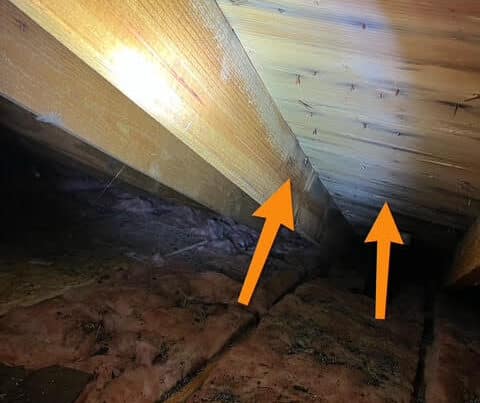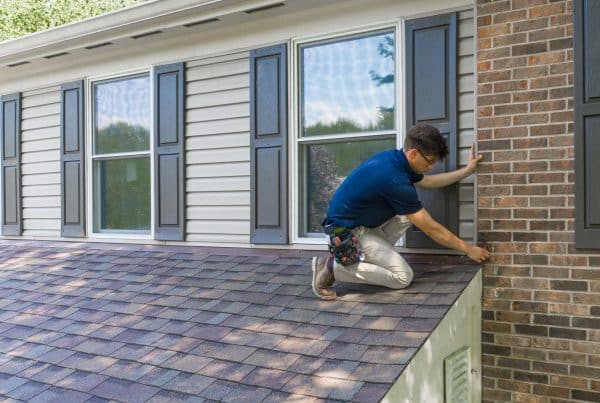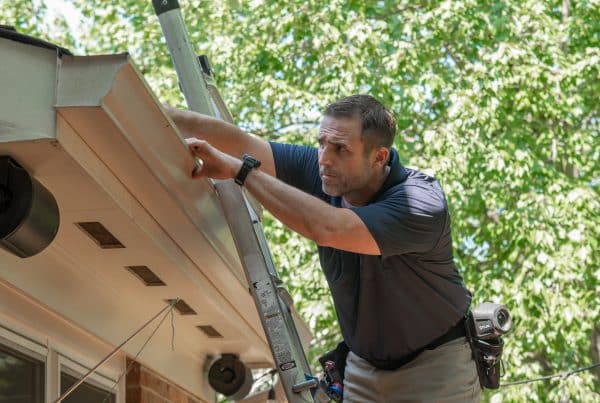How much are you really saving?
Buying a home is one of the biggest financial decisions you’ll ever make. Between the down payment, closing costs, and moving expenses, every dollar counts. So, when you’re quoted $600 to $700 for a home inspection and another company offers to do it for $500, it’s understandable to consider the cheaper option.
But here’s the reality: choosing a lower-cost inspection can lead to thousands of dollars in missed issues, delays, and unnecessary stress. You’re not just paying for a report—you’re paying for thoroughness, experience, and support.
What You’re Really Paying For
At Horizon Point, we don’t cut corners. We provide a full range of services—often performed on the same day—with fast, clear reports and ongoing support from our full-time office staff. Our inspections go far beyond the basics:
- Whole Home Inspections
- Termite (WDI) Inspection
- Radon Testing and Mitigation
- Sewer Scope Inspections
- Mold and Moisture Inspections
- Infrared Thermal Imaging
- Drone Roof Inspections
- Trusted Contractor Referral List
- Repair Coupons—up to $2,000 in value
- Inspectors with over 50 years of combined experience
Why Inspection Pricing Matters More Than You Think
During a typical home inspection, we often uncover multiple defects or issues. Many of these are minor and inexpensive to address—but some can be serious and completely hidden from view. That’s where the value of a thorough inspection truly matters.
One of the most common high-cost surprises? Sewer line issues. A sewer scope inspection generally costs between $250 to $350, but if a problem goes undetected, repairs can range anywhere from $3,000 to over $20,000. That’s a major expense for something most homeowners would never know about without the right inspection.
Crawlspaces are another area where we frequently find problems. These tight, moisture-prone spaces are often overlooked—especially by inspectors who aren’t willing to enter them. But issues like water intrusion, mold, structural damage, or pest infestations are common there. If your inspector skips the crawlspace to save time (or because they “don’t do crawlspaces”), that $200 you saved by going with a cheaper company could turn into thousands in hidden repairs.
Before You Hire the “Cheaper” Option, Ask:
1. What do their reviews say?
Check Google, Yelp, or the BBB. Look for feedback on professionalism, communication, and how thorough they are.
2. Are all services handled in-house?
Some companies outsource mold, sewer, or radon inspections. That can mean dealing with multiple companies and scattered reports—not to mention potential communication breakdowns.
3. Can they provide a sample report?
You want more than a checklist. A quality report includes detailed notes, clear recommendations, and photos that help you understand the condition of the home.
4. Are they responsive?
Do they answer the phone or return calls promptly? This matters—especially when you need follow-up support or clarification after the inspection.
5. Do they offer contractor referrals?
A great inspector doesn’t just point out issues—they help you move forward with trusted solutions.
Don’t Just Price Shop—Value Shop
Your home is a major investment. Trying to save $100–$200 upfront can cost you thousands later in hidden repairs and poor communication. A professional, thorough inspection is an investment that protects your budget, your time, and your peace of mind.
Before hiring an inspector, do your research, ask the right questions, and look beyond the price tag.



